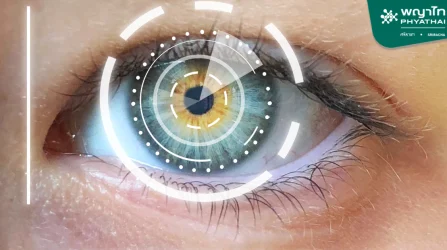Adults in the household often complain of back pain, occasional leg fatigue, and fatigue in the back. It is important not to ignore these symptoms because they could be signs of "spinal stenosis" caused by degeneration of the cushioning discs. The older a person gets, the more at risk they become...
For further information or Booking..
How does this condition occur?
In addition to older adults who often experience degeneration of the cushioning discs, ligaments, and joints, spinal stenosis can also be a congenital condition. When the cushioning discs in the spine degenerate or become worn down, the joints may become inflamed and swollen, causing them to increase in size. This enlargement of the joints can lead to compression or pressure on the nerves within the spinal canal, resulting in pain along the affected nerves throughout the body.
Don’t ignore these persistent lower back pains:
- Dull, achy lower back pain in the lumbar region.
- Intermittent chronic pain, especially in the central part of the lower back, radiating down to the legs. If left untreated and the nerves continue to be compressed, the symptoms can become more severe, leading to pain, numbness, or weakness in the leg muscles.
Treating spinal stenosis…
Initially, doctors will treat the symptoms by prescribing pain relievers, muscle relaxants, and medications to support the nerves, alleviating pain and numbness. Physical therapy or exercise may be recommended to alleviate joint degeneration and reduce the compression of the spinal canal.
However, if the pain becomes severe and affects daily life, the doctor may recommend surgical intervention using minimally invasive techniques. This involves removing a portion of the spinal bone and expanding the spinal canal through a small incision, reducing the risk of spinal bone movement. The advantages of minimally invasive surgery include less blood loss, faster recovery, and shorter hospital stays for patients.
Taking care of yourself can keep this condition at bay:
- Regular exercise, 3-4 times a week, to strengthen the back muscles.
- Avoid lifting heavy objects to prevent excessive stress on the spinal discs.
- Maintain a healthy weight to delay the degeneration of the cushioning discs.
For further information or Booking..


























